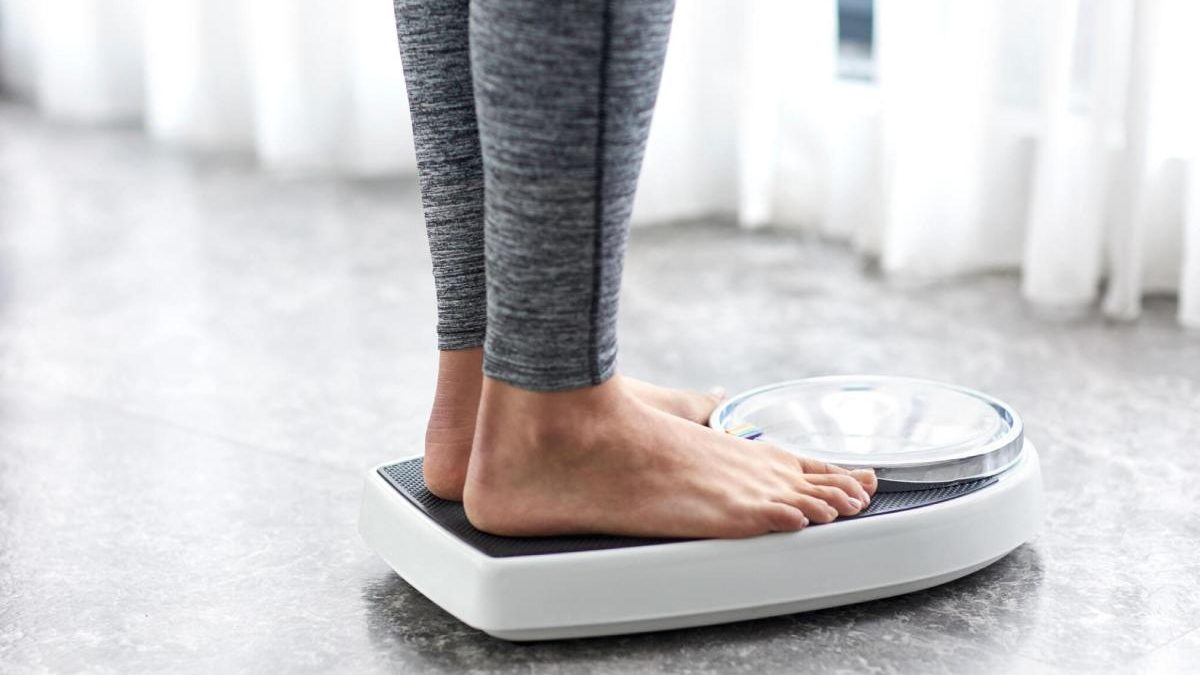Even if at the end of the year you worked hard, following a diet and exercising regularly in order to fit into your favorite dress for the holiday, by spring the scales may show an increase again. Why do we gain weight during the cold season and how to avoid it?
The main reasons for gaining excess weight
Table of Contents
Desire to Keep Warm
From an evolutionary point of view, a little extra weight in winter is an important part of the survival process. The fat layer not only helps to retain heat, but also serves as a source of energy. Our “smaller brothers” can hibernate in winter, but with our work schedule and deadlines, we often cannot even just sit at home. Therefore, the body actively stores fat in anticipation of the cold.
Scientists from the Scripps Research Institute in the United States have discovered a relationship between cold weather and increased appetite. Our brain forces us to eat more in winter to replenish our body’s heat reserves.
While cozying up indoors with rich soups and warm desserts can be comforting, it’s essential to balance these indulgences with physical activity. However, for those seeking an alternative form of entertainment from the comfort of their homes, online casinos offer an enticing escape. With a plethora of games ranging from classic slots to immersive live dealer experiences, platforms like https://22bet.com/hu provide an opportunity for relaxation and potential winnings, all without braving the chilly weather outside.
Eating Habits
With the onset of cold weather, we crave fatty and fried foods more often and more.
Some may drink more alcohol in winter to keep warm. This contributes to the accumulation of extra pounds, and also negatively affects the functioning of the liver and gastrointestinal tract.
A lack of drinking water in the diet, which is weaker in winter, can also provoke overeating, since we often confuse hunger with thirst. So before you put that extra piece of food on your plate, drink a glass of water. Most likely, you will limit yourself to them.
Seasonal Affective Disorder
The autumn-winter blues are familiar to many. Medically it is called seasonal affective disorder. Its main reasons are a decrease in solar activity and a shortening of daylight hours.
With this disorder, mood worsens. And the person begins to consume more food to “eat away” the stress.
Low Activity Level
Not wanting to freeze outside in winter forces many people to spend more time indoors, which means moving less.
We must not forget about the New Year holidays, which change all plans for at least a week, disrupt the usual rhythm of life and contribute to the refusal of training.
A decrease in activity level along with an increase in food intake causes additional weight gain.
Lack of Vitamins and Minerals
In winter, consumption of fresh vegetables and fruits decreases. We more often see pickled and salted preserves on the tables, which contain more oils, salt and sugar than vitamins. In addition, available fresh winter foods are rarely rich in vitamins and antioxidants.
To compensate for the lack of nutrients, the body asks for more food. And we lean on fatty, sweet, salty foods, which naturally leads to weight gain.
How to Avoid Gaining Excess Weight In Winter: Tips
Walk outdoors more often
Fast walking is a great way to not only stabilize your weight, but also improve your overall health. Try to go for a walk in the daytime to “catch” sunlight, and at the same time vitamin D. Its deficiency often causes winter blues.
Such walks have a good effect not only on a person’s physical condition, but also on a person’s psychological health.
Play sports
Winter sports are a unique opportunity to have a good time with the whole family in the fresh air, surrounded by frost and snow.
People who are unable to overcome themselves and go out into the cold can join home workouts. You can start with 15 minutes a day, which will help lift your mood and start the fight against excess weight.
Plan your menu
For those who unknowingly consume a lot of junk food, a weekly menu is a good method of controlling nutrition.
Write down what dishes you want to cook. By recording the menu on paper, you can buy food in advance and understand what you are missing in your diet and what needs to be added.
Advice! When planning your diet, focus on healthy fats that the body needs to function properly (found in vegetable oils, seeds and nuts, lean meats and fish), and avoid those fats that are harmful to health and contribute to weight gain (these common sources include: fried food and fast food).
Control Your Portion Sizes
Try not to increase your serving size in winter. Keep track of the amount of food on your plate.
Eat small meals, several times a day. This will help you feel fuller and control your condition to avoid overeating.
Choose Healthy Foods
In winter, you especially crave junk food, but your body won’t thank you for it. “Limit your consumption of obviously unhealthy foods – fast food, sweets, fatty, fried and smoked foods, alcohol, carbonated drinks.
Follow the principles of the Harvard plate: fill half of a standard plate with fresh vegetables and fruits, a quarter with complex carbohydrates and another quarter with proteins,” advises Veronika Vedyashkina, general practitioner at Lahta Clinic.
Fact! Lean meat, fish and poultry, vegetables, fruits, herbs, nuts, eggs and cheese are excellent foods for the winter diet.
Take dietary supplements as recommended by your doctor
A lack of vitamins and minerals can not only cause weight gain, but also significantly worsen your overall condition. It is important to consult a specialist in time and receive treatment.
To meet the body’s needs, a specialist may recommend taking vitamin and mineral complexes. All supplements must be taken as directed.


